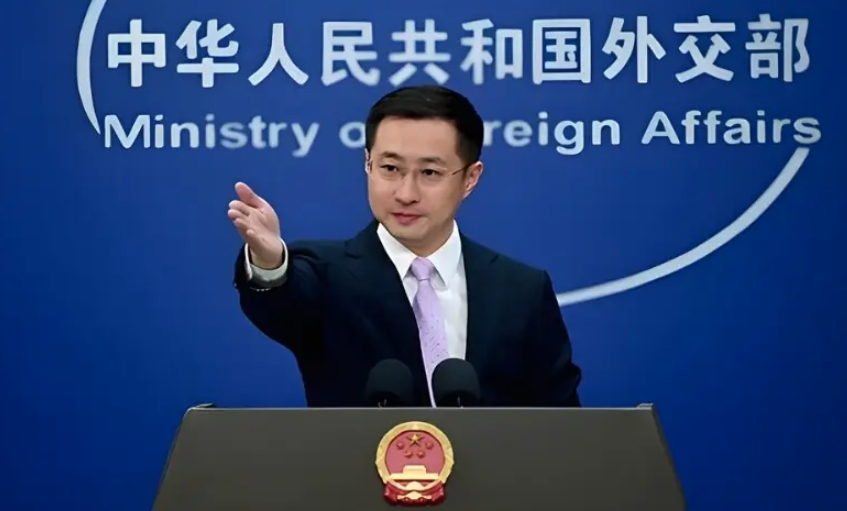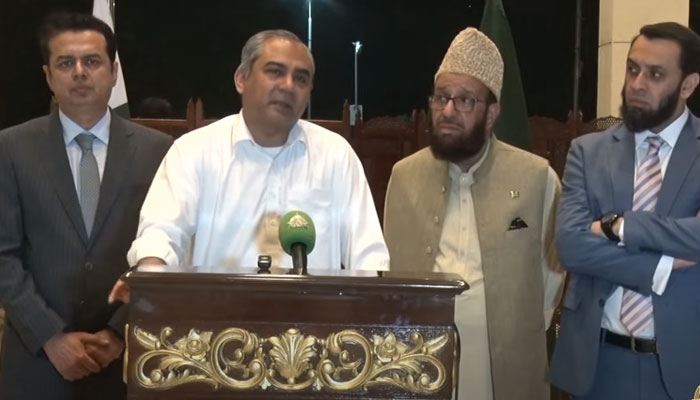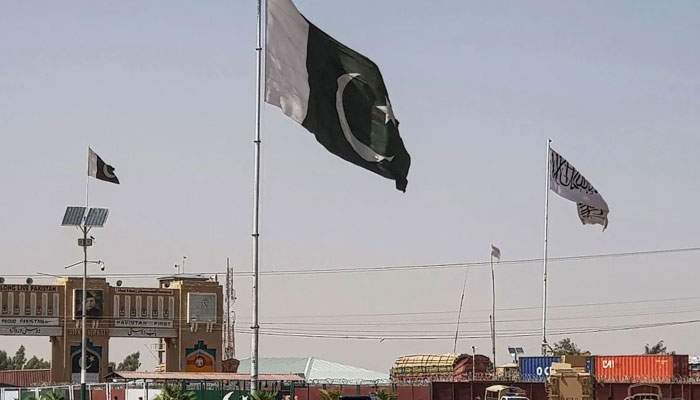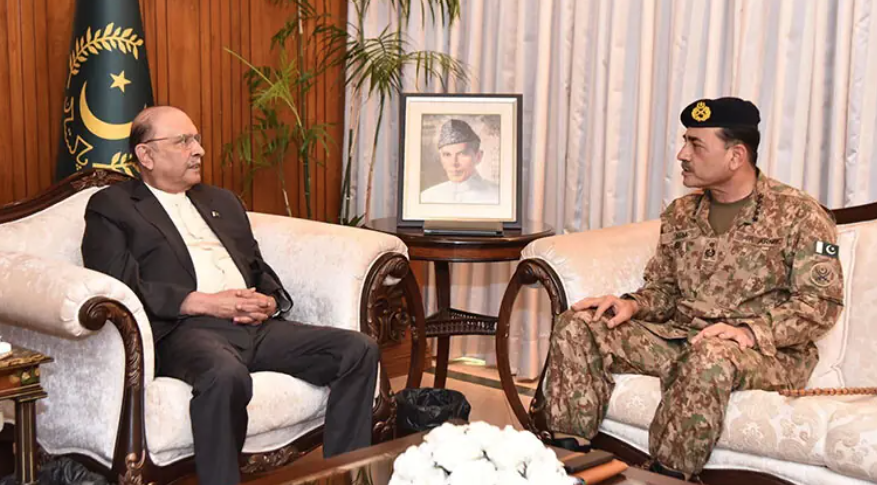POLITICS & POLICY MAKING
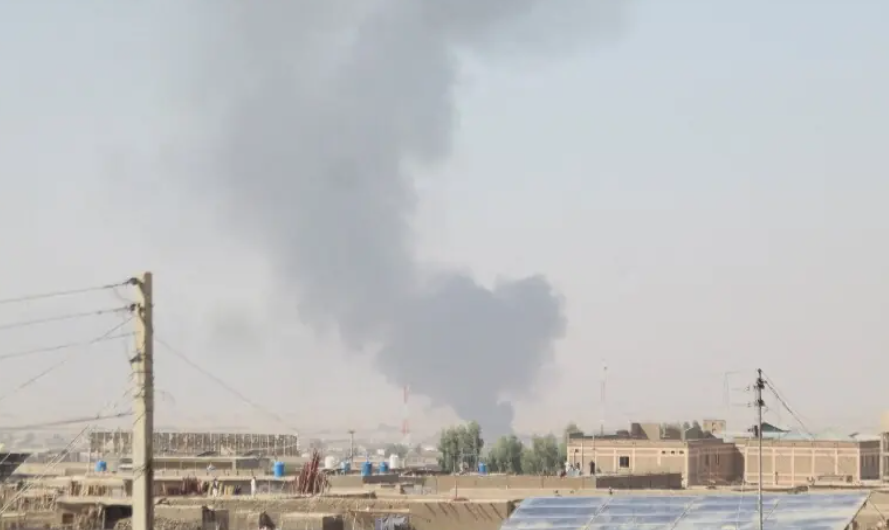
China, Saudi Arabia, and Iran on Thursday welcomed the 48-hour ceasefire agreed between Pakistan and Afghanistan after a series of deadly border clashes threatened to spiral into a wider conflict.
China’s foreign ministry spokesperson Lin Jian said Beijing supports both countries in exercising restraint and achieving a full and lasting ceasefire. “China stands ready to continue to play a constructive role for continued improvement in the two countries’ relations,” he said during a regular press briefing.
Iran also expressed its support for the ceasefire, calling for dialogue and diplomacy to prevent further bloodshed. Foreign ministry spokesman Esmaeil Baqaei voiced concern over civilian casualties and stressed the need for stronger regional cooperation against terrorism. Tehran reaffirmed its readiness “to assist in any effort to maintain calm and reduce tensions between the two neighbouring Muslim countries.”
Meanwhile, Pakistan’s Foreign Minister and Deputy Prime Minister Ishaq Dar held a telephone conversation with his Saudi counterpart, Prince Faisal bin Farhan, to discuss the situation. According to a statement from Pakistan’s Foreign Office, Prince Faisal appreciated Pakistan’s commitment to regional peace and highlighted the importance of collective efforts for stability.
FM Dar thanked the Kingdom for its continued support and reaffirmed Pakistan’s resolve to strengthen cooperation on regional and international matters. He also received a message from Qatar’s Minister of State for Foreign Affairs, Dr. Abdulaziz Al-Khulaifi, who praised Pakistan’s “constructive engagement” in promoting regional peace.
The ceasefire was announced after Pakistan’s Foreign Office confirmed that both sides had mutually agreed to halt hostilities for 48 hours, beginning at 6 pm Wednesday, at the request of the Afghan Taliban.
“During this period, both sides will make sincere efforts to find a positive solution to this complex but solvable issue through constructive dialogue,” the FO said in a statement.
Afghan Taliban spokesperson Zabiullah Mujahid stated on X that Afghan forces were instructed to respect the ceasefire “unless any aggression takes place.” Pakistani officials confirmed that “no violence was reported overnight, and the ceasefire remains in effect.”
UN rights chief Volker Turk also welcomed the development, urging both sides to “prevent any further harm to civilians and commit to a lasting ceasefire.”
The truce followed a series of intense clashes along the Pakistan-Afghanistan border. According to the ISPR, Pakistan’s security forces repulsed multiple attacks by Afghan Taliban fighters near Spin Boldak, killing 15 to 20 assailants. The confrontations marked the third major skirmish within a week, following deadly exchanges in Kurram and other areas.
At least 23 Pakistani troops were martyred, and 29 were injured in the violence, which began with cross-border attacks by Afghan Taliban forces. Kabul described the assault as a “retaliatory” response to alleged Pakistani airstrikes inside Afghanistan — allegations Islamabad has not confirmed but maintained its right to defend against terrorist groups like the TTP.
Pakistan has repeatedly urged Kabul to prevent militant groups from using Afghan soil to launch attacks, a long-standing issue that continues to strain bilateral relations. The latest ceasefire, welcomed by regional powers and the United Nations alike, is being viewed as a crucial opportunity to restore calm and revive dialogue between the two neighbours.
